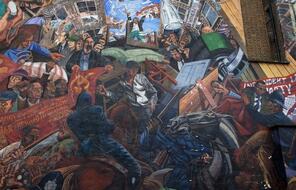Resource Library
Find compelling classroom resources, learn new teaching methods, meet standards, and make a difference in the lives of your students.
We are grateful to The Hammer Family Foundation for supporting the development of our on-demand learning and teaching resources.

Introducing Our US History Curriculum Collection
Draw from this flexible curriculum collection as you plan any middle or high school US history course. Featuring units, C3-style inquiries, and case studies, the collection will help you explore themes of democracy and freedom with your students throughout the year.
3350 Results
Memphis 1968
Lessons and resources help you explore the sanitation workers’ strike and other events that brought Dr. King to Memphis in the spring of 1968. This lesson is part of our partnership with the National Civil Rights Museum's MLK50 initiative.
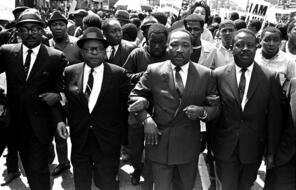
Stolen Lives: The Indigenous Peoples of Canada and the Indian Residential Schools
Explore our online resource on the Indian Residential Schools and their long-lasting effects on Canada’s Indigenous Peoples.
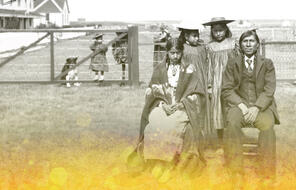
Vies volées: Les Peuples Autochtones au Canada et le régime des pensionnats
Explorez nos ressources en ligne sur les pensionnats autochtones et leurs effets à long terme sur les Peuples Autochtones au Canada.

Americans and the Holocaust: The Refugee Crisis
Explore the motives, pressures, and fears that shaped Americans’ responses to Nazism and the humanitarian refugee crisis it provoked during the 1930s and 1940s.

Standing Up to Hatred and Intolerance
Address today's global challenges with lesson plans focused on current events including the refugee crisis and contemporary antisemitism.

10 Questions for Young Changemakers
This unit uses the 10 Questions Framework to explore two examples of youth activism: the 1963 Chicago schools boycott and the present-day movement against gun violence launched by Parkland students.

Activities for the First Days of School
These first-week-of-school activities create welcoming learning environments that prioritize care, relationships, and community.

The Reconstruction Era and the Fragility of Democracy
Use this rich collection of Reconstruction era primary sources, videos, and a 3-week unit to engage your students in this pivotal period in US history and its legacies today.
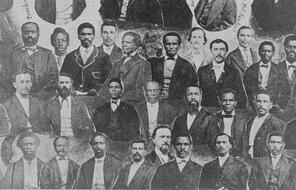
Back to School: Building Community for Connection and Learning
These back-to-school activities and teacher resources will help you lay a foundation for a reflective and caring community at the start of the school year.

The Reconstruction Era Primary Sources
Enrich your teaching on the Reconstruction era with these primary source documents and images.
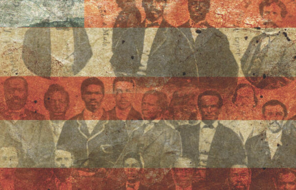
Standing Up for Democracy
Designed for students in the United Kingdom, these lessons foster the critical thinking, mutual respect, and toleration necessary to bring about a more humane society.
